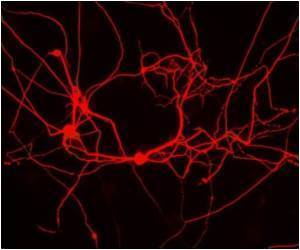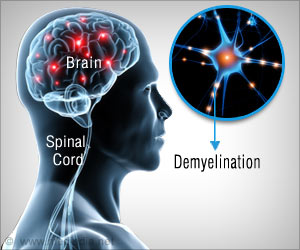
Results showed that chrysophanol alleviated hippocampal neuronal cytoplasmic edema, promoted mitochondrial crista fusion, significantly improved learning and memory abilities, decreased lead content in blood, brain, heart, spleen, liver and kidney, increased superoxide dismutase and glutathione peroxidase activities and decreased malondialdehyde level in the brain, liver and kidney of lead-exposed neonatal mice.
These findings indicate that chrysophanol can significantly reduce damage to hippocampal neurons in lead-exposed neonatal mice. Related results were published in Neural Regeneration Research (Vol. 9, No. 9, 2014).
Source-Eurekalert









